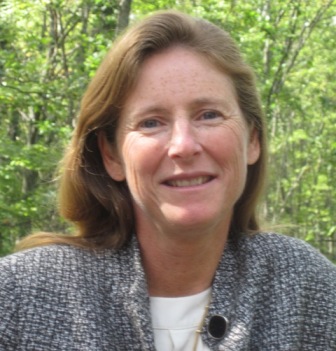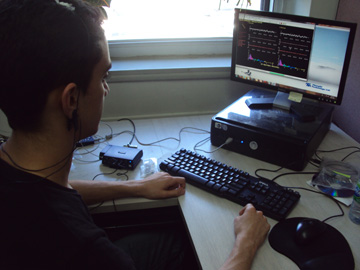Addictions
Overview
 Addiction has been defined as physical and psychological dependence on psychoactive substances (such as alcohol, tobacco, heroin and other drugs) which cross the blood-brain barrier once ingested, temporarily altering the chemical milieu of the brain.
Addiction has been defined as physical and psychological dependence on psychoactive substances (such as alcohol, tobacco, heroin and other drugs) which cross the blood-brain barrier once ingested, temporarily altering the chemical milieu of the brain.
Addiction can also be viewed as a continued involvement with a substance or activity despite the negative consequences associated with it. The original goal may have been pleasure and enjoyment; however, over a period of time, involvement with the substance or activity becomes all-consuming and is needed to feel normal. All too often, substance abuse stems from self-medication in order to avoid unpleasant feelings from past and present experiences, such as trauma and depression.
This section of the BFE website focuses educational material and software packages related to treating addiction, trauma and building resilience. Methods include direct neurofeedback, to indirect state training to accompanying imagery induction with a therapist.
Team Leaders
The BFE is privileged to work with many clinicians, from a wide range of practices, that treat addiction. There is no specific team leader for this area of focus, however we feel the need to mention this clinician that has impressed us with her knowledge-base, devotion to her clients and work:
 Linda Walker – MHR, LCP; As a licensed professional counselor, school counselor, and neurofeedback practitioner, Ms. Walker holds a master’s degree in Human Relations and Counseling from the University of Oklahoma and post graduate certificates in substance abuse and school counseling from Western Michigan University. She integrates a variety of methods, including biofeedback and neurofeedback, in her practice working with a general population, but has spent much of her time focusing on young offenders, recovering substance abusers and trauma survivors, both in public and private sector in Michigan. Furthermore, she is an instructor and developer for several BFE online classes and software suites.
Linda Walker – MHR, LCP; As a licensed professional counselor, school counselor, and neurofeedback practitioner, Ms. Walker holds a master’s degree in Human Relations and Counseling from the University of Oklahoma and post graduate certificates in substance abuse and school counseling from Western Michigan University. She integrates a variety of methods, including biofeedback and neurofeedback, in her practice working with a general population, but has spent much of her time focusing on young offenders, recovering substance abusers and trauma survivors, both in public and private sector in Michigan. Furthermore, she is an instructor and developer for several BFE online classes and software suites.
Education
The BFE offers a variety of educational content, including different types of live online or recorded presentations related to treatment of addictions. Below is a brief selection of that material. Feel free to click here for a more complete listing.
Alpha-Theta Training Online Class or Alpha-Theta Training Online Class Recording: learn all about the latest Alpha-Theta state training theory with Linda Walker and how to run such a session to treat addiction, trauma and resilience in this live, interactive online class or by watching the session recordings.
Dr. Swingle’s Addictions Webinar Recording: Dr. Swingle discusses how he treat addictions with his method, using case studies of adolescents and adults.
Software
There are several software packages offered by the BFE that are general treatment methodologies which can be applied to those struggling with substance addiction. Feel free to click on the link below to learn more about each one.
Alpha-Theta Training Suite by Knut Berndorfer, Dr. rer. net, and Linda Walker, MHR, LPC
The general understanding of Alpha-Theta training is bringing a subject to the mental state between wakefulness andsleep (often referred as the alpha-theta state). When in this hypnagogic state, we can enforce resilience in the subject using queuing and imagery. Applications of such state training include the treatment of post-traumatic stress disorder, resilience training for alcohol abuse and other addiction disorders, psychotherapy, and meditation. This suite comes with suite documentation, including tips for alpha-theta state training, cueing and theory.
ClinicalQ & BrainDriver Suite, by Dr. Paul Swingle
Dr. Swingle has worked with the BFE to create a software suite based on his ClinicalQ and Braindriving methods. While being designed to treat a general population, it can also be used with individuals facing substance abuse and other issues. Feel free to check the BFE page specific to this method by clicking here.
Troubled Youth Suite by Linda Walker, MHR, LPC
In this suite, Ms. Walker has shared her eclectic training style and knowledge of a wide variety of biofeedback and neurofeedback therapeutic methods based on her experience working with troubled youth and their families both in the public and private sectors. Her treatment population has notable problems within the education system, due to ADHD and co-morbidities, as well as paths marked with trauma from abuse, loss or family chaos.
Learn More…
Blogs



